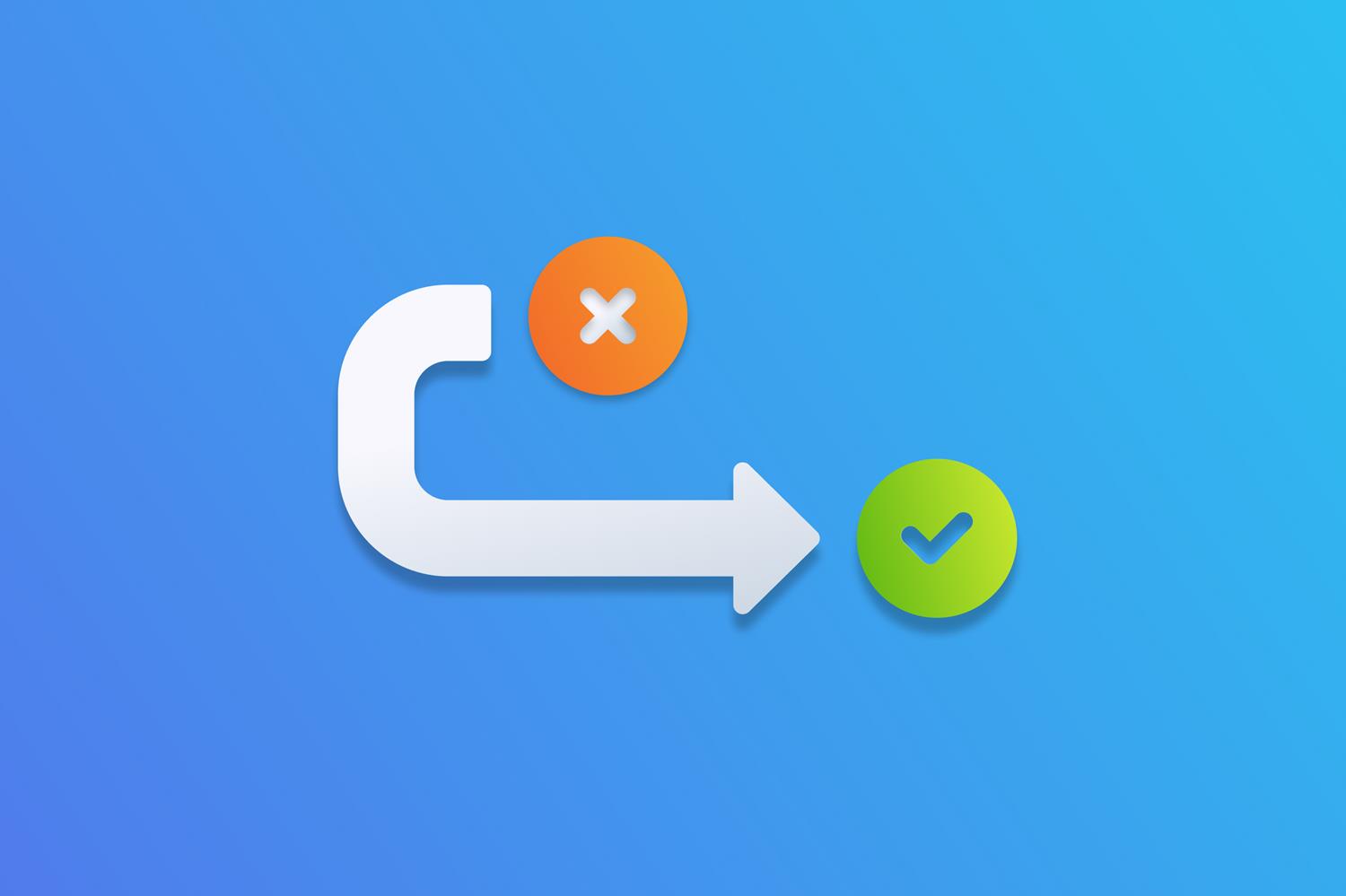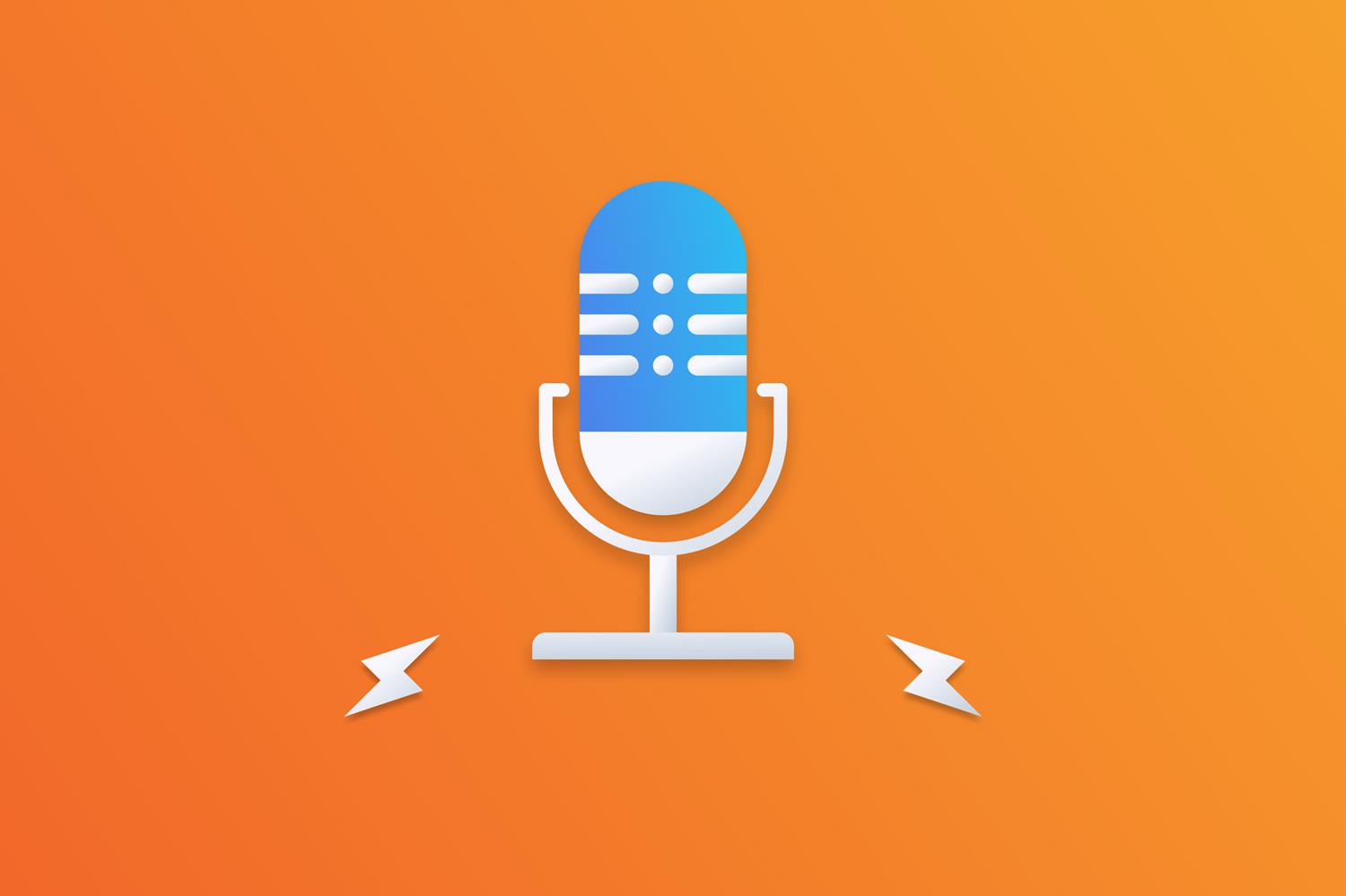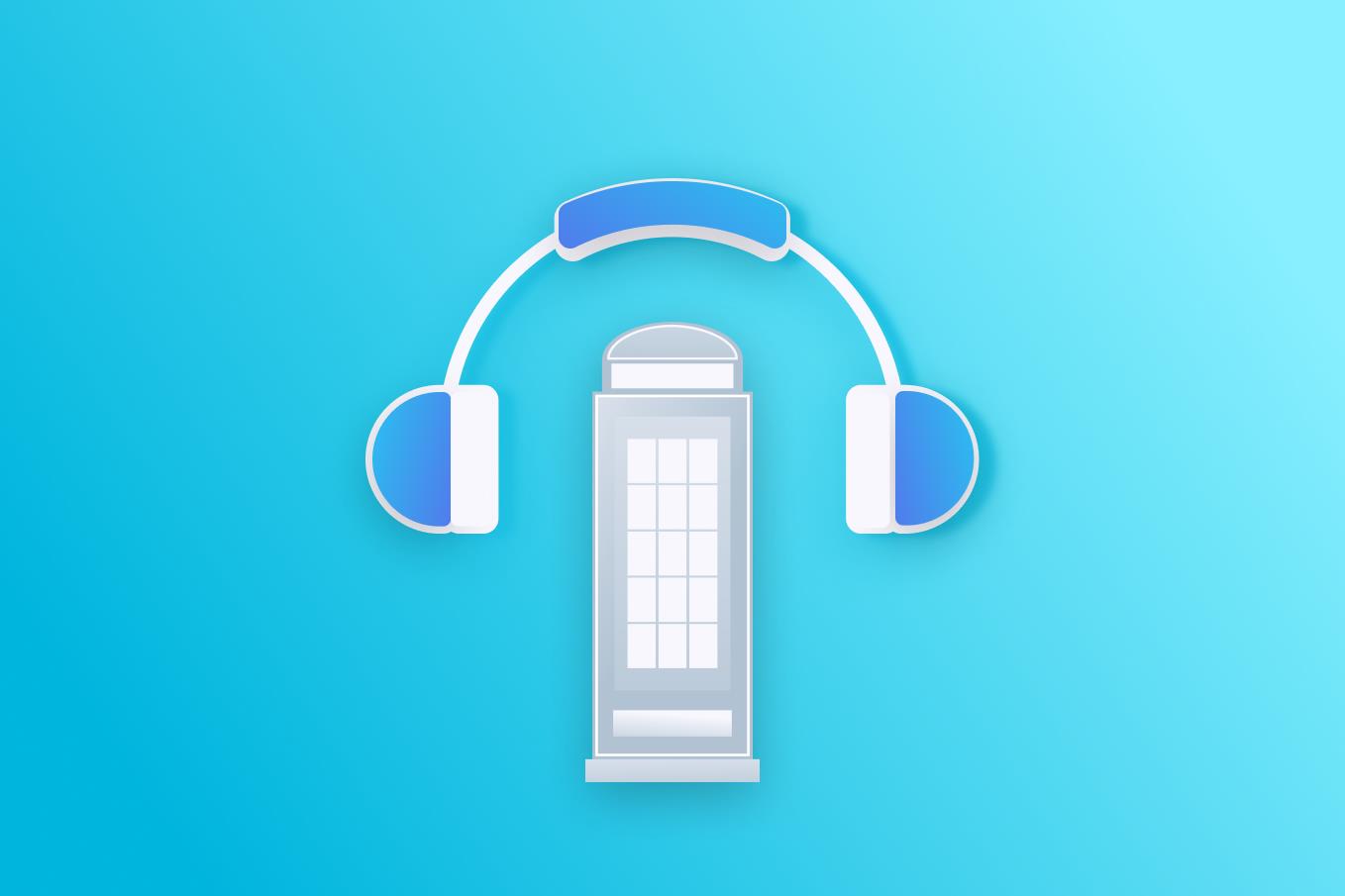Recruiters aren’t going to bite you – Agata Kosma, Recruiter at EPAM, assures us of that. In this article, she shares tricks that will increase your chances of passing your first interview with a recruiter and receiving an offer, as well as everything you should remember while composing your CV as a Junior specialist.
About CV
What should be in a CV?
- Brief summary. Write a few sentences in the beginning about you as a person: your motivation, skills, and what makes you competent for the position you’re applying for.
- Job experience. This is the main part of any CV that will receive the most attention. It shouldn’t be empty, even if you have no relevant background. It’s important to strike a balance here: if you have only a few previous jobs, you can list them all; otherwise, try to select the most relevant experiences.
- Training, courses, achievements. This section can be emphasized in case you don’t have much to put into the Job experience. List your pet projects, certificates, competitions, and other significant achievements – anything that can be useful is worth writing.
- Education. Another section that can show you in a positive light. University degrees and special courses are to be mentioned but skip school or kindergarten.
- Contact information. Email, phone number, and the city should be included in the CV. Make sure your mobile number is relevant – sometimes a recruiter can call you to set up a meeting or clarify some information.
- Technical skills. Probably, it’s the second most important part of an engineer’s CV. Pro tip: list only those technologies that you had actual practical experience with, because later, in a technical interview, too broad a list of “mastered” technologies can lead to questions you can’t answer.
What should be in the switcher’s CV?
Mention skills from your previous jobs that can be relevant to the current one. Do not dismiss your experience – look closely at what your jobs have taught you: maybe it’s self-organization, team management, or even some digital instruments that would be useful in your new profession.
What should Juniors write about their previous experience?
We, recruiters, fully understand that for beginners there’s oftentimes nothing to include in the “Job experience” section, therefore, no one will scold you for leaving it empty.
Still, there must be something that makes you suitable for the program you’re trying for. Maybe you’ve read books and developed a pet project, or passed an online course & have a certificate to prove it, or maybe you’ve followed through a course on YouTube, completed an internship in another company, or obtained valuable skills during your university studies. Write down all the experience that counts as “valuable” and highlight everything that presents you in a positive light.
And don’t forget to mention in the conversation that you are eager to learn and quick to remember new information :)
What mistakes to avoid in a CV?
Here are a few rookie CV mistakes that can ruin the recruiter’s impression of you:
- Unprofessionally looking email address. Your personal email address might not be suitable for a CV. In that case, create a new one, with your name+surname, so that the recruiter will have an easy time identifying and reaching out to you.
- Overused soft skills. If you can’t write anything about your personality traits except that you are stress-resilient and friendly, then skip this section entirely. The recruiter will be checking out your soft skills during the interview anyways :)
- Sugar-coating. Do not write about the experience that you don’t actually possess, and do not throw in more technologies just to make your profile more appealing. These lies are very easy to check, and we want to have a trustworthy person on our team. Rather practice talking about yourself and highlighting your strengths.
On an interview
- Get ready to talk about yourself. Quite often, your conversation with a recruiter will start with “Tell us about yourself”-opener. This is your first opportunity to make a good impression, so some preparation is a must. I strongly advise composing a short presentation about yourself, no longer than a few minutes. Share some basic information: your occupation, experience (in short), motivation, why you apply for this position, and what your expectations from the interview are.
- Remember the position and the company you’ve applied to. Research some basic facts about the company and try to keep in mind the specifics of the job. Forgetting or messing up won’t end the interview for you, but this is an important point in communication when the recruiter understands whether you’re taking this job seriously.
- Update your CVs. Check whether your working experience is actualized and listed in it. Your last job ended 2 years ago? I’m sure you’ve done something in the meanwhile! If it’s a mistake and you have more recent experience, add it to the CV. If not, it would help to mention courses or projects you have completed during this period.
- Comfortable surroundings are important. If you are on a busy street or in transport, it is impossible to concentrate on the conversation wholeheartedly. Make sure that you are in a quiet room, where nobody will disturb you. Prepare a glass of water and a few phrases to buy yourself some time when you can’t come up with the answer quickly:
- Could you please repeat the question?
- I need a moment to think.
- I’m a bit nervous. Could you please give me a minute?
- Prepare to answer some technical questions. Recruiters won’t be able to give you a full-fledged technical interview, but a few basic questions, just to see your qualifications, are safe to expect. Nothing to worry about, unless you’ve “sugar-coated” your CV a little bit (which is always a bad decision).
Still, remember, that we are all humans, and the person who conducts the interview also understands your feelings. You are allowed to take a minute, to calm down, to stumble on your words, to forget an answer to the most basic question because of stress. Don’t let these obstacles stop you from giving the best impression of yourself!
Questions to get ready for
What’s your English level? Before checking your technical skills, a recruiter will look at your English level, which, in the case of EPAM University programs, should be at least B1 (Intermediate). Therefore, you should expect to have a short conversation in English right on your first interview.
Why did you apply for this training? A well-thought answer on why exactly you have chosen this direction, why EPAM University, and why you are entering the IT sphere in general, would show your motivation and preparedness for the interview. A good idea would be to sort out your goals and priorities beforehand.
What are your hobbies? Sometimes, when I see that a person struggles to open up to me, I’ll ask personal questions just to help them loosen up a bit. It’s also a to-go question for an English check.
What are your responsibilities at your current job? You will be asked about your background – a lot. If your current job possesses an interest to the recruiter, get ready to talk about your day-to-day responsibilities, challenges you face, your most prized achievements, or even your most embarrassing mistakes (and of course, how you corrected them).
What are your career plans? Your ambitions and plans are just as interesting to the recruiter as your previous experiences. Share how you see your career path; talk about the technologies you wish to study and why.
Determine your area of interest.
It’s usually fine when the candidate applies for a couple of positions/educational programs in hopes to receive positive feedback from one of them. But, from a recruiter’s point of view, it’s important to see whether you have approached the decision responsibly.
When I’m trying to decide whether the candidate is good for this and that position, first I ask, why they have applied for so many. Be prepared to tell me which direction you really want to master, or which position you would rather take. Here are a few questions to help you pinpoint the answer:
- Back-End or Front-End?
- Any particular scripts you’re interested in?
- Testing or code writing?
- Are you familiar with Linux? If so, what about Cloud&DevOps?
- Mobile or computer?
- Do you want to operate and systematize data arrays (Data Analysis, Data Science)?
I can also recommend passing our Career Test which can help determine your strengths and the career directions that might suit you the best. Alternatively, you can seek career consultations – some are available online, or you can find such a service in your local Employment Center.
What to avoid saying or doing in the interview?
First of all, a bad idea would be to share negative feedback about your previous jobs or some drama about your boss or colleagues, even if it led to your resignation. In the end, such behavior hurts you more – it makes you look like a person who talks behind others’ backs. I’m sure you had your reasons to quit the job, and you have a right to have professional disagreements but leave all of that behind as you move on to a new career opportunity. Instead, a good practice would be to tell that you are seeking new career opportunities and growth.
Secondly, when being asked “Why have you applied for this position?”, don’t tell the recruiter that you would agree to any position in IT. It’s a bad answer because it demonstrates your indifference to the job, as well as your hesitance to choose a direction. Instead, lead the recruiter through your thinking process, or simply state that you wanted changes and that this position suits you best.
Finally, don’t be rude. When the recruiter asks about your skills and experience, it would be disrespectful to tell that all the info is in your CV – as if the recruiter didn’t study it beforehand. Tell about your previous jobs and steps that led you to this interview – in your own words, with more details, that will reveal the personality behind the CV.
Here are a few sentences that I also do not recommend saying during the interview:
- What will I learn in this position? What are the advantages for me?
- I just want to work in a big company.
- I answered this question before. / All the answers are in my CV.
Introverts vs Extroverts: who have it easier?
Sometimes it’s extremely








